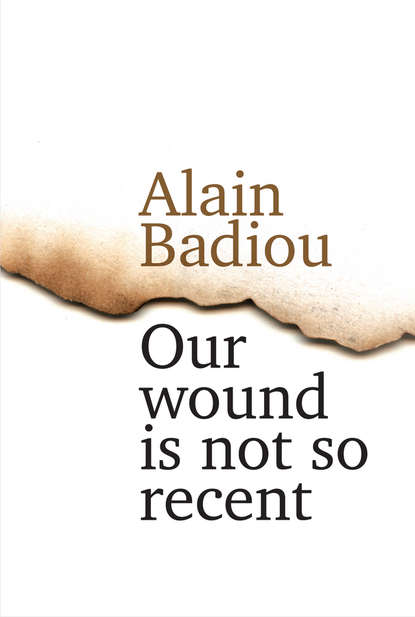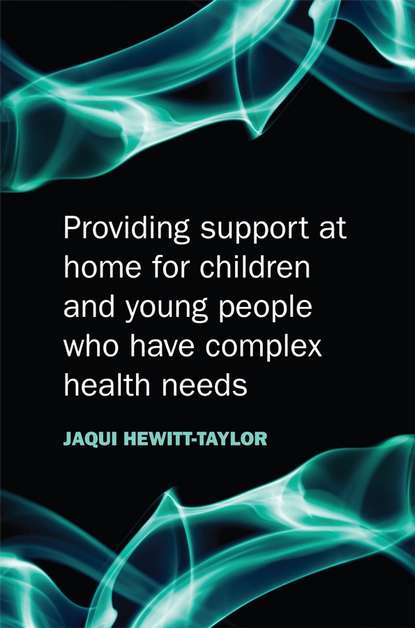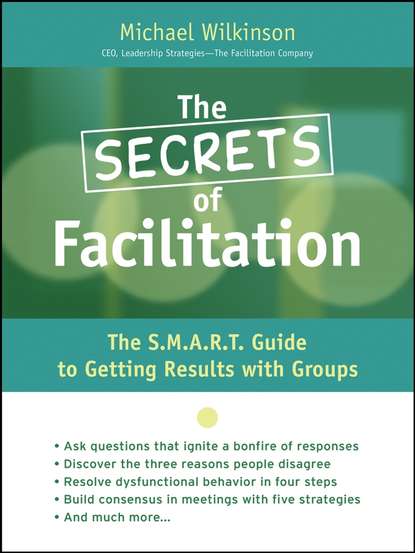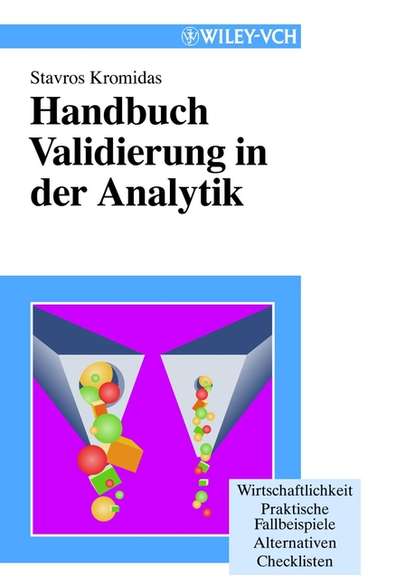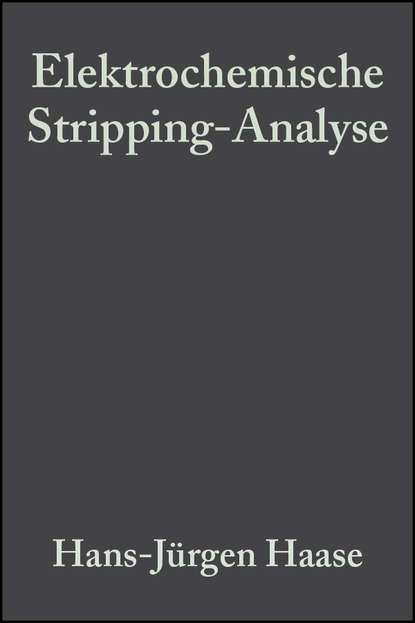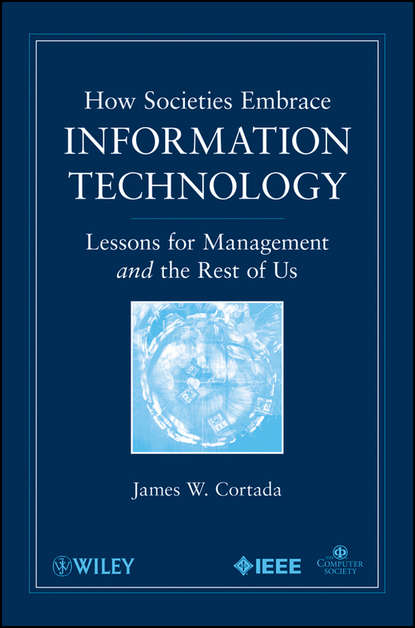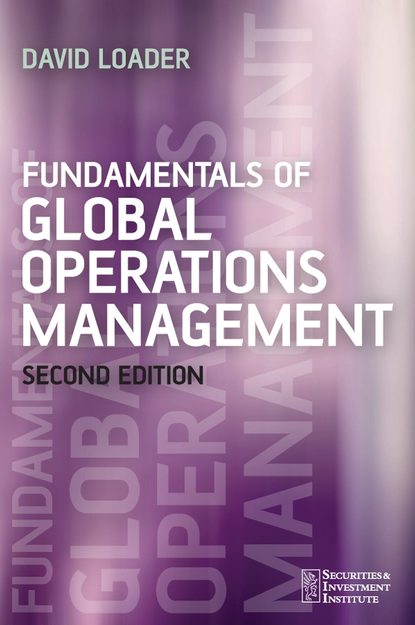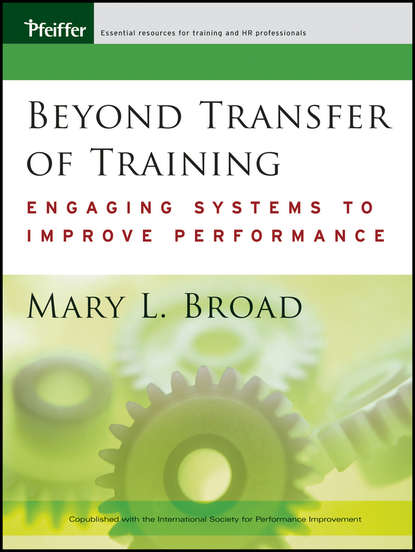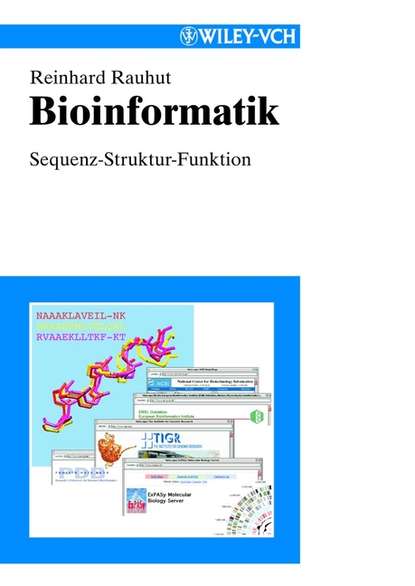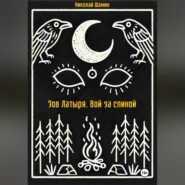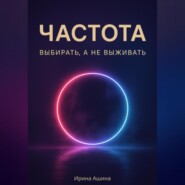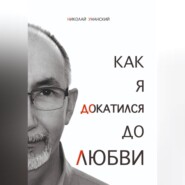Our Wound is Not So Recent
Полная версия
On 13 November 2015, Paris suffered the second wave of brutal terrorist attacks in a year, leaving 130 dead and many more seriously injured. How are we to make sense of these violent acts and what do they tell us about the forces shaping our world today? In this short book the influential philosopher Alain Badiou argues that while these violent events are commonly portrayed as acts of Islamic terrorism, in fact they attest to a much deeper malaise that is connected to the triumph of global capitalism and to new forms of imperialism that involve the weakening of states, such that whole regions of the world have been turned into ungovernable zones run by armed gangs in which ordinary people are forced to live the most precarious lives. These zones have become the breeding ground for a new kind of nihilism that seeks revenge for the domination of the West. And it is this new nihilism, on to which Islam has been grafted, that exerts a particular appeal to the young men and women on the margins who carried out the atrocities in Paris. The tragedy of 13 November might appear at first sight to be rooted in immigration and Islam but our wound is not so recent: it is rooted in a deeper set of transformations that have reshaped our world, creating small islands of privilege amidst large masses of the destitute and depriving us of a politics that would offer a serious alternative to the present.
- О книге
- Читать

